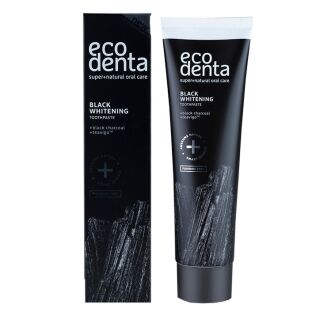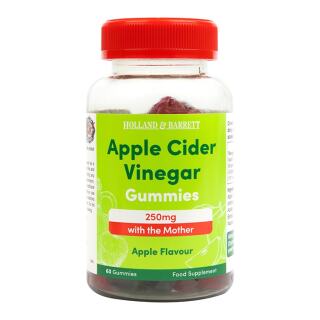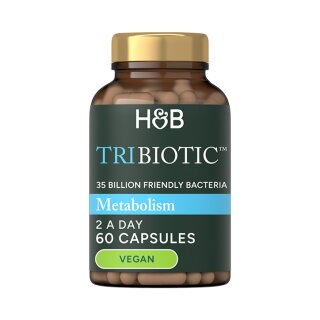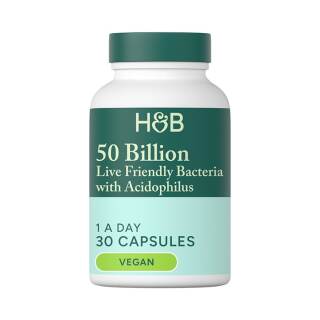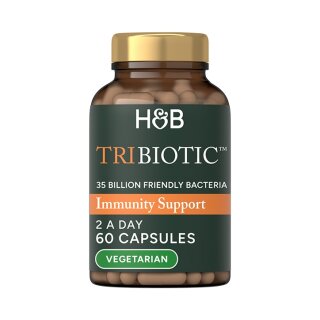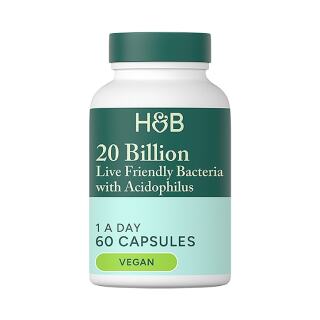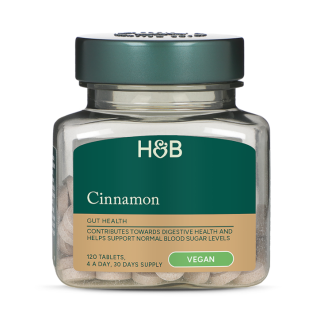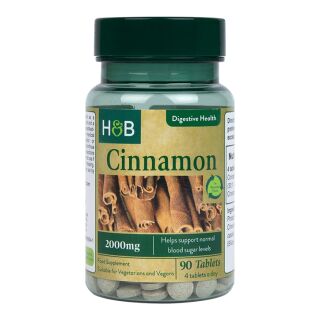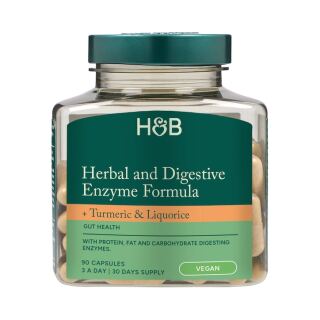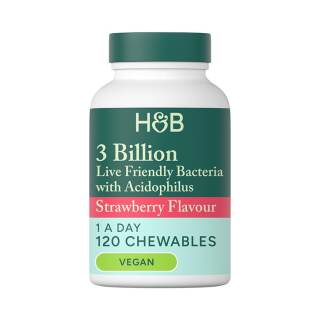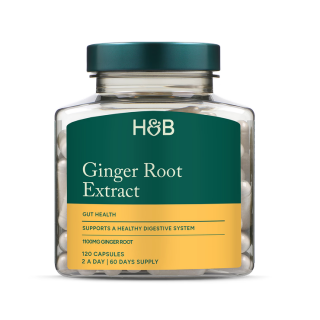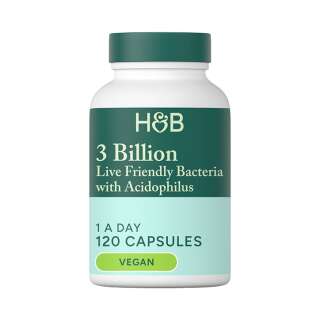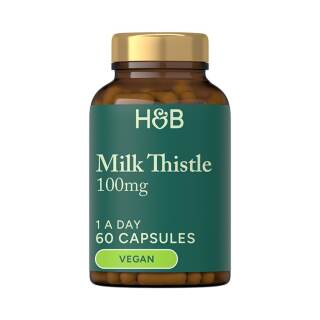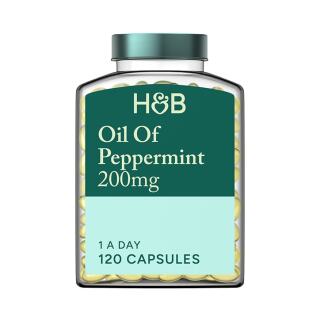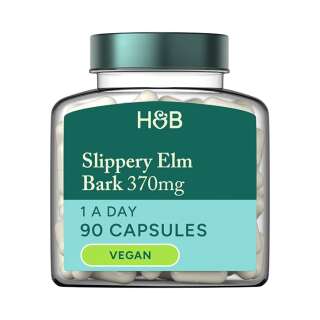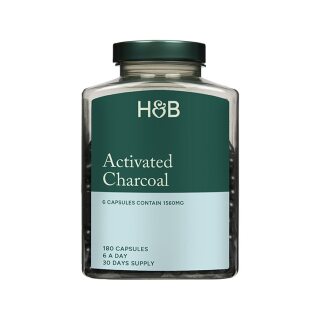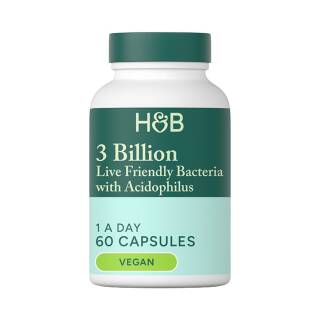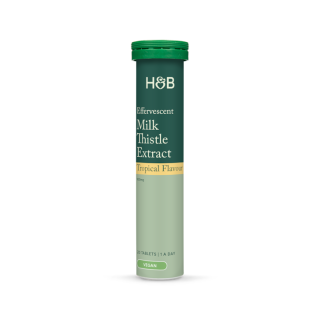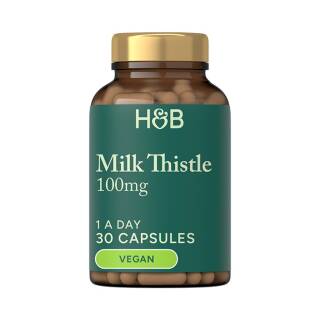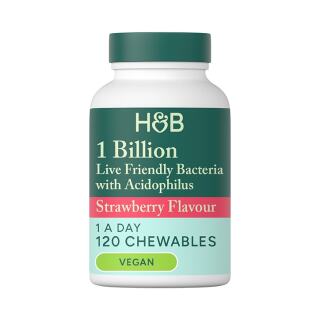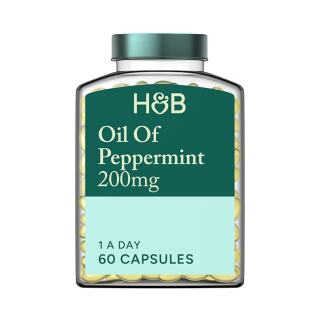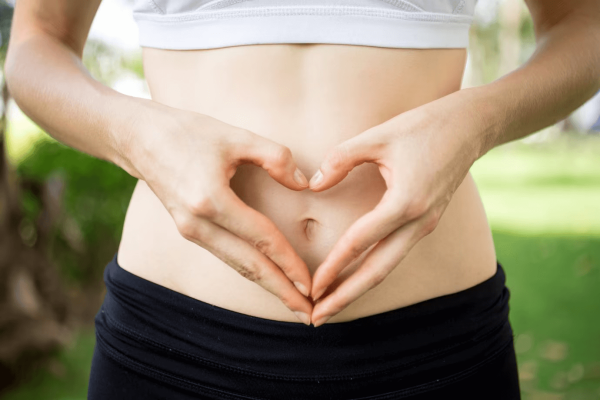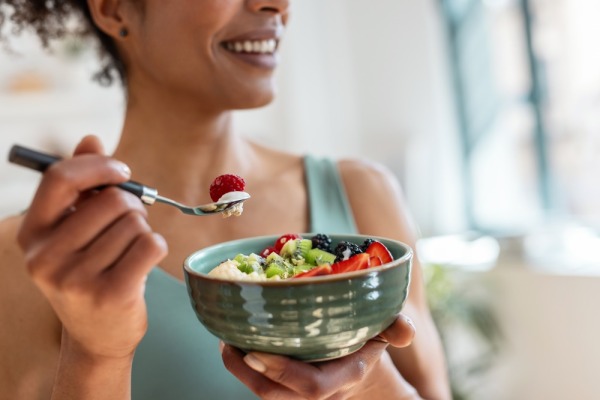What does abdominal bloating mean?
Abdominal bloating is the feeling of fullness, weight or stretching in the area between the chest and hips. It is often accompanied by an increase in abdominal girth, discomfort or even pain. It is a common symptom that may occur occasionally due to eating habits or may be chronic, indicating more serious problems.
What causes bloating in the abdomen?
There are several reasons that can lead to abdominal bloating. The most common include:
- Gas build-up in the intestine: which can result from swallowing air while eating, as well as from consuming carbonated drinks or fermented foods.
- Indigestion: due to overeating, which overloads the digestive system and slows down digestion.
- Food intolerances: such as lactose or gluten, which can lead to an inflammatory reaction and bloating.
- Fluid retention: often caused by excessive intake of sodium (salt), carbohydrates or hormonal fluctuations.
- Bowel disorders: such as irritable bowel syndrome (IBS), often associated with gas, cramping, prolonged abdominal pain and bloating.
- Ascites: which is a build-up of fluid in the abdomen due to liver problems or other medical issues.
- Gastroparesis: is one of the possible causes of abdominal bloating, as it slows down the emptying of the stomach and causes food and gas to build up.
- Constipation: the accumulation of food and gases in the intestine leads to a feeling of weight and bloating. Factors such as dehydration, fibre deficiency, food intolerances, pregnancy, and certain bowel disorders can aggravate the condition and cause difficulty in expelling gases, as well as difficulty relieving themselves on the toilet.
In many cases, a change in eating habits and lifestyle can help reduce bloating. However, if the symptom is frequent or persistent, it is important to be examined by the doctor, as it may indicate an underlying condition.
How to get rid of bloating:
"How to get rid of abdominal bloating?" It is a common question, especially in the days after the many holiday tables, as many people are faced with this unpleasant sensation after eating or even during the day. To get rid of the bloating and discomfort, small changes to your daily habits can make a difference. Natural solutions such as herbs, exercise and a balanced diet can help your digestive system to get back into balance.
Home Remedies:
Beverages to relieve swelling:
- Ginger: Ginger tea is known for its anti-inflammatory properties and can help reduce nausea and indigestion.
- Mint: Peppermint tea can relax the muscles of the gastrointestinal tract, reducing spasms and bloating sensation.
- Chamomile: Known for its sedative properties, it can help expel gas, soothe the stomach and relax the muscles that move food through the intestines.
- Fennel: Can help the muscles of the gastrointestinal tract relax and reduce gas, bloating and indigestion.
- Chios mastic: Mastic Powder is indicated for smooth bowel function, such as in problems of indigestion, ulcerative colitis and irritable bowel syndrome, as it contains inulin (fiber). It can also be given instead of prebiotics, improving good gut flora, and when mixed and consumed with yoghurt it can replace oral probiotics.
Exercise and movement:
Mild physical activity can stimulate the digestive system and help relieve swelling:
- Walking: A short walk after meals can promote digestion and reduce bloating.
- Yoga and stretching: Certain yoga poses and gentle stretches can boost circulation and help remove gas from the digestive system.
Avoiding consuming certain foods:
Certain foods are known to contribute to bloating and are best avoided:
- Legumes and cruciferous vegetables: Foods such as beans, broccoli and cauliflower can cause increased gas production.
- Carbonated drinks and foods high in sodium: Soft drinks and salty snacks can lead to fluid retention and abdominal bloating.
Strategies for smaller meals and regular breaks:
- Small and frequent meals: Eating smaller amounts of food at regular intervals can reduce the burden on the digestive system and prevent bloating.
- Slow eating: Eating slowly and chewing food well reduces air ingestion, which can help treat bloating.
By implementing these practices, you can reduce the feeling of bloating and improve your digestive health.
What is the best supplement for bloating?
For those who don't want to limit themselves to dietary changes and exercise alone, there are several nutritional supplements that can help improve digestion and reduce bloating
- Probiotics: Live microorganisms that, when consumed in sufficient quantities, offer health benefits such as improving the balance of the gut microbiome and boosting the immune system. You can find more here.
- Prebiotics: Non-digestible fibres that promote the growth of beneficial bacteria in the gut, such as Bifidobacteria and Lactobacillus, helping to improve digestion and nutrient absorption.
- Mint: Peppermint is used to relieve symptoms of irritable bowel syndrome (IBS), such as stomach pain, prolonged abdominal pain (bowel area) and flatulence.
- Ginger: Ginger is known for its anti-emetic properties and is often used to relieve nausea and vomiting. It therefore helps to reduce flatulence and helps to relieve discomfort associated with digestion, particularly when located in the upper part of the stomach after eating.
- Milk Thistle: Milk Thistle contains silymarin, which has been studied for its hepatoprotective properties, contributing to normal liver function, including detoxification, while supporting normal digestion, particularly in cases of indigestion associated with liver dysfunction.
- Digestive enzymes: Digestive enzymes have been shown to reduce post-meal bloating and abdominal swelling in people with functional indigestion and irritable bowel syndrome (IBS).
- Apple cider vinegar: Apple cider vinegar has traditionally been used to improve digestion, although more research is needed to confirm its benefits.
- Artichoke: Artichoke leaf extract has been associated with improved digestion and reduced bloating, as clinical studies show that it can relieve symptoms of indigestion.
- Turmeric: Turmeric contains curcumin, which has anti-inflammatory and antioxidant properties. Turmeric has been recognized as a traditional herbal preparation for supporting digestive function, particularly in cases of indigestion.
- Mastic of Chios: Mastic of Chios has strong antimicrobial activity against Helicobacter pylori, contributing to the treatment of gastric and duodenal ulcers. Clinical studies have also shown significant relief from indigestion, heartburn and stomach pain, reinforcing its use in functional indigestion and gastroesophageal reflux. At the same time, it promotes protection of the gastric mucosa and reduces the formation of ulcers. In addition, studies on Crohn's disease patients have shown anti-inflammatory activity and an improvement in the clinical picture.
- Activated charcoal: Activated charcoal is used to absorb toxins in the gastrointestinal tract, although its use should be done with caution and under medical supervision.
- Psyllium: Psyllium is a soluble fibre found to reduce bloating and gas production in patients with irritable bowel syndrome and is even more effective when taken with inulin, particularly in situations where constipation is present.
- Licorice: Licorice has been used to relieve gastrointestinal problems such as heartburn, but excessive consumption can have side effects such as high blood pressure and low potassium levels.
- Aloe Vera: Aloe vera has been used to relieve constipation and for its soothing properties on the gastrointestinal system.
Conclusion
Abdominal bloating can be annoying, but fortunately there are ways to deal with it! Small changes such as choosing lighter foods, moving more during the day and trying natural drinks or supplements can make a big difference. Although in most cases bloating is transient, if it's bothering you frequently, don't ignore it-your body may be giving you a sign that it needs attention. Listen to your body, adopt more balanced habits and, if necessary, consult a health professional. That way, you'll feel light and energized again!
Scientific References
Abenavoli, L., Izzo, A. A., Milić, N., Cicala, C., Santini, A., & Capasso, R. (2018). Milk thistle (Silybum marianum): A concise overview on its chemistry, pharmacological, and nutraceutical uses in liver diseases. Phytotherapy Research, 32(11), 2202–2213. https://doi.org/10.1002/ptr.6171
Azhari, H., Shariati, M., & Zolfaghari, M. (2023). Preventive and therapeutic effects of ginger on bowel disease: A review of clinical trials. Biomedicine & Pharmacotherapy, 139, 111642. https://doi.org/10.1016/j.biopha.2021.111642
Chumpitazi, B. P., Kearns, G. L., & Shulman, R. J. (2018). Review article: the physiological effects and safety of peppermint oil and its efficacy in irritable bowel syndrome and other functional disorders. Alimentary Pharmacology & Therapeutics, 47(6), 738–752. https://doi.org/10.1111/apt.14519
Cramer, H., Lauche, R., Haller, H., & Dobos, G. (2013). A systematic review of yoga for the treatment of gastrointestinal disorders. American Journal of Gastroenterology, 108(5), 695–702. https://doi.org/10.1038/ajg.2013.47
Ford, A. C., Harris, L. A., Lacy, B. E., Quigley, E. M. M., & Moayyedi, P. (2018). Systematic review with meta-analysis: The efficacy of prebiotics, probiotics, synbiotics and antibiotics in irritable bowel syndrome. Alimentary Pharmacology & Therapeutics, 48(10), 1044–1060. https://doi.org/10.1111/apt.15001
Gibson, P. R., Shepherd, S. J., & Muir, J. G. (2010). Evidence-based dietary management of functional gastrointestinal symptoms: The FODMAP approach. Journal of Gastroenterology and Hepatology, 25(2), 252–258. https://doi.org/10.1111/j.1440-1746.2009.06149.x
Graham, D. Y., Ketwaroo, G. A., Money, M. E., & Opekun, A. R. (2018). Enzyme therapy for functional bowel disease-like post-prandial distress. Journal of Digestive Diseases, 19(11), 650–656. https://doi.org/10.1111/1751-2980.12655
Gunn, D., Abbas, Z., Harris, H. C., Major, G., Hoad, C., Gowland, P., Marciani, L., Gill, S. K., Warren, F. J., Rossi, M., Remes-Troche, J. M., Whelan, K., & Spiller, R. C. (2022). Psyllium reduces inulin-induced colonic gas production in IBS: MRI and in vitro fermentation studies. Gut, 71(5), 919–927. https://doi.org/10.1136/gutjnl-2021-324784
Guo, X., & Mei, N. (2016). Aloe vera: A review of toxicity and adverse clinical effects. Journal of Environmental Science and Health, Part C: Environmental Carcinogenesis and Ecotoxicology Reviews, 34(2), 77–96 https://doi.org/10.1080/10590501.2016.1166826
Izadi, A., Gholami, A., & Sharifi, G. (2021). The effect of a short-term physical activity after meals on gastrointestinal symptoms in individuals with functional abdominal bloating: A randomized clinical trial. Journal of Gastroenterology and Hepatology Research, 10(2), 3529–3535. https://www.ncbi.nlm.nih.gov/pmc/articles/PMC9099501/
Kligler, B., & Chaudhary, S. (2007). Peppermint oil. American Family Physician, 75(7), 1027–1030
Lacy, B. E., Cangemi, D., & Vazquez-Roque, M. (2021). Management of chronic abdominal distension and bloating. Clinical Gastroenterology and Hepatology, 19(2), 219–231.e1. https://doi.org/10.1016/j.cgh.2020.03.056
Liu, H., Li, J., Lin, S., Liu, T., & Zheng, C. (2021). Effects of dietary fennel (Foeniculum vulgare Mill.) seed powder supplementation on growth performance, nutrient digestibility, small intestinal morphology, and carcass traits of broilers. PeerJ, 9, e10308. https://doi.org/10.7717/peerj.10308
Martinsen, T. C., Bergh, K., & Waldum, H. L. (2005). Gastric juice: A barrier against infectious diseases. Basic & Clinical Pharmacology & Toxicology, 96(2), 94–102. https://doi.org/10.1111/j.1742-7843.2005.pto960202.x
National Institute of Diabetes and Digestive and Kidney Diseases (NIDDK). (n.d.). Gastroparesis. https://www.niddk.nih.gov/health-information/digestive-diseases/gastroparesis
Nikkhah Bodagh, M., Maleki, I., & Hekmatdoost, A. (2019). Ginger in gastrointestinal disorders: A systematic review of clinical trials. Food Science & Nutrition, 7(1), 96–108. https://doi.org/10.1002/fsn3.807
Papada, E., & Kaliora, A. C. (2019). Antioxidant and Anti-Inflammatory Properties of Mastiha: A Review of Preclinical and Clinical Studies. Antioxidants (Basel, Switzerland), 8(7), 208. https://doi.org/10.3390/antiox8070208
Quigley, E. M. M. (2012). Prebiotics and probiotics. Nutrition in Clinical Practice, 27(2), 195–200. https://doi.org/10.1177/0884533611423926
Rahmani, A. H., Alsahli, M. A., Aly, S. M., Khan, M. A., & Aldebasi, Y. H. (2018). Role of curcumin in disease prevention and treatment. Advanced Biomedical Research, 7(1), 38. https://doi.org/10.4103/abr.abr_147_16
Rau, S., Gregg, A., Yaceczko, S., & Limketkai, B. (2024). Prebiotics and probiotics for gastrointestinal disorders. Nutrients, 16(6), 778. https://doi.org/10.3390/nu16060778
Srivastava, J. K., Shankar, E., & Gupta, S. (2010). Chamomile: A herbal medicine of the past with a bright future. Molecular Medicine Reports, 3(6), 895–901. https://doi.org/10.3892/mmr.2010.377
Ullah, H., Di Minno, A., Piccinocchi, R., Buccato, D. G., De Lellis, L. F., Baldi, A., El-Seedi, H. R., Khalifa, S. A. M., Piccinocchi, G., Xiao, X., Sacchi, R., & Daglia, M. (2023). Efficacy of digestive enzyme supplementation in functional dyspepsia: A monocentric, randomized, double-blind, placebo-controlled, clinical trial. Biomedicine & Pharmacotherapy, 169, 115858. https://doi.org/10.1016/j.biopha.2023.115858


